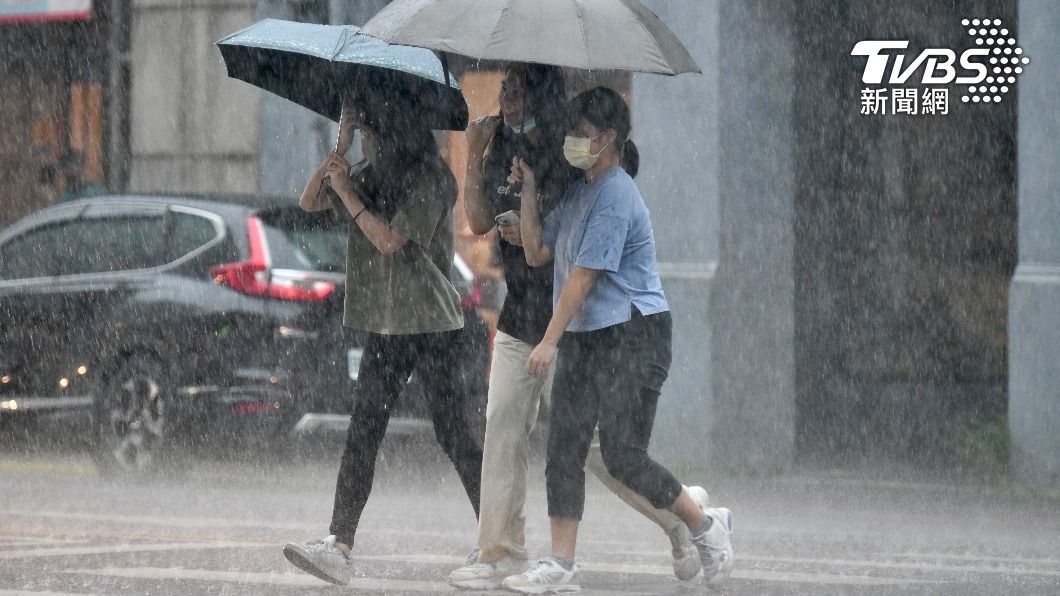TAIPEI (TVBS News) — A significant shift in weather patterns is on the horizon for Taiwan and the Western Pacific, as experts predict the end of the El Niño phenomenon and the onset of La Niña later this year.
Dr. Lin De-en, a Ph.D. from the National Taiwan University Atmospheric Sciences, on Wednesday (May 29) cited the latest research from the U.S. National Weather Service's Climate Prediction Center, indicating a high probability for La Niña conditions to develop, affecting weather patterns and typhoon activity in the region.
La Niña's Impending Impact
Dr. Lin stated in a Facebook post, "La Niña formation is almost certain!" He warned that while the number of typhoons in the Western Pacific might decrease during a La Niña year, those that do form could come closer to Taiwan.
According to the Climate Prediction Center's May study, there's a 69% chance of La Niña forming between July and September, with the probability exceeding 80% after September and reaching 87% from November to January of the following year.
Dr. Lin further analyzed that La Niña could lead to reduced rainfall in Taiwan during the summer and the following spring, while the northeast and east could see increased rainfall in the fall. Additionally, temperatures could be lower from winter through the next spring.
The Central Weather Administration explained that El Niño or La Niña typically develops from late spring to early summer, peaks from late fall to early winter, and weakens by the following spring. While El Niño events are shorter-lived, La Niña can last for two to three years.
El Niño occurs every two to five years on average, whereas La Niña events happen every two to seven years. Approximately 50% of the time, a La Niña event follows the conclusion of an El Niño, highlighting the cyclical nature of these climate phenomena.



